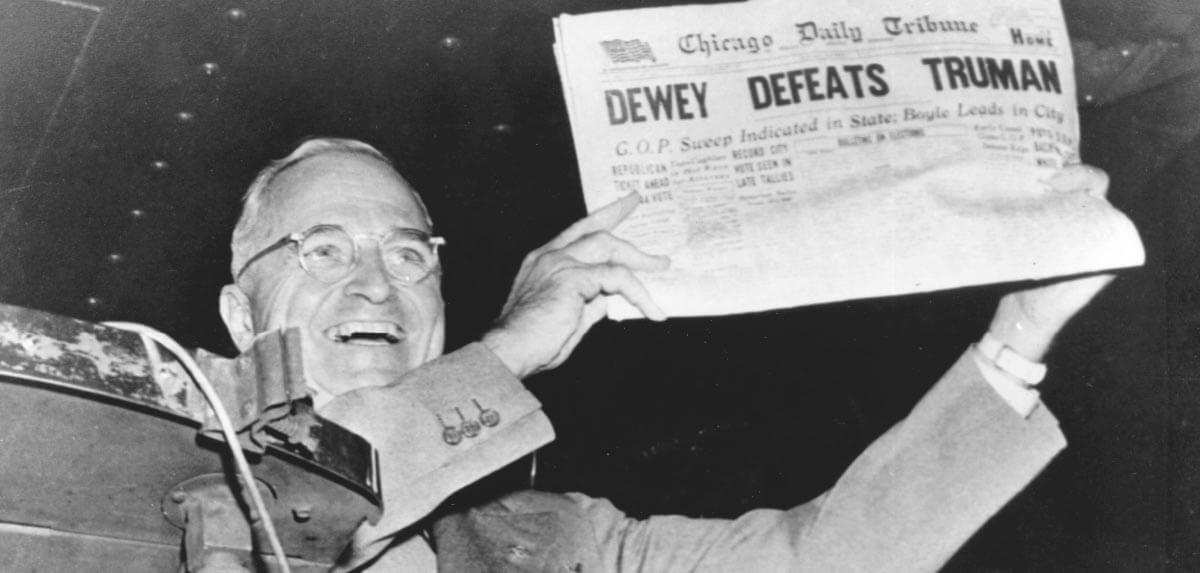- Pronouns
- He/Him
[X] Nominate Thaddeus Stevens for Vice President.
This has aged like milk.[X] Nominate Thaddeus Stevens for Vice President.
Listen. There's no way this one isn't winning.

| Initiate a military crackdown against the white supremacists. | Rely on Unionist and abolitionist volunteers. | Attempt to sway hearts and minds. | Undermine the opposition by shifting the basis of the Southern economy. |
| This will immediately destroy the Klan and its allies in the short term but has unpredictable long-term consequences that depend on your present and future choices. | This will somewhat strengthen the occupation forces and will also improve the political prospects of Reconstruction if the violence is successfully quelled. | This will somewhat weaken white supremacist forces and will also marginally improve the political prospects of Reconstruction. | This offers no direct military benefits but will greatly improve the political prospects of Reconstruction if the violence is successfully quelled. |